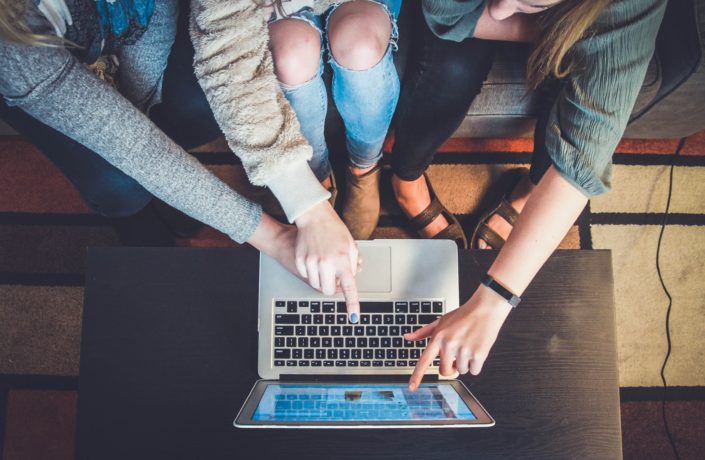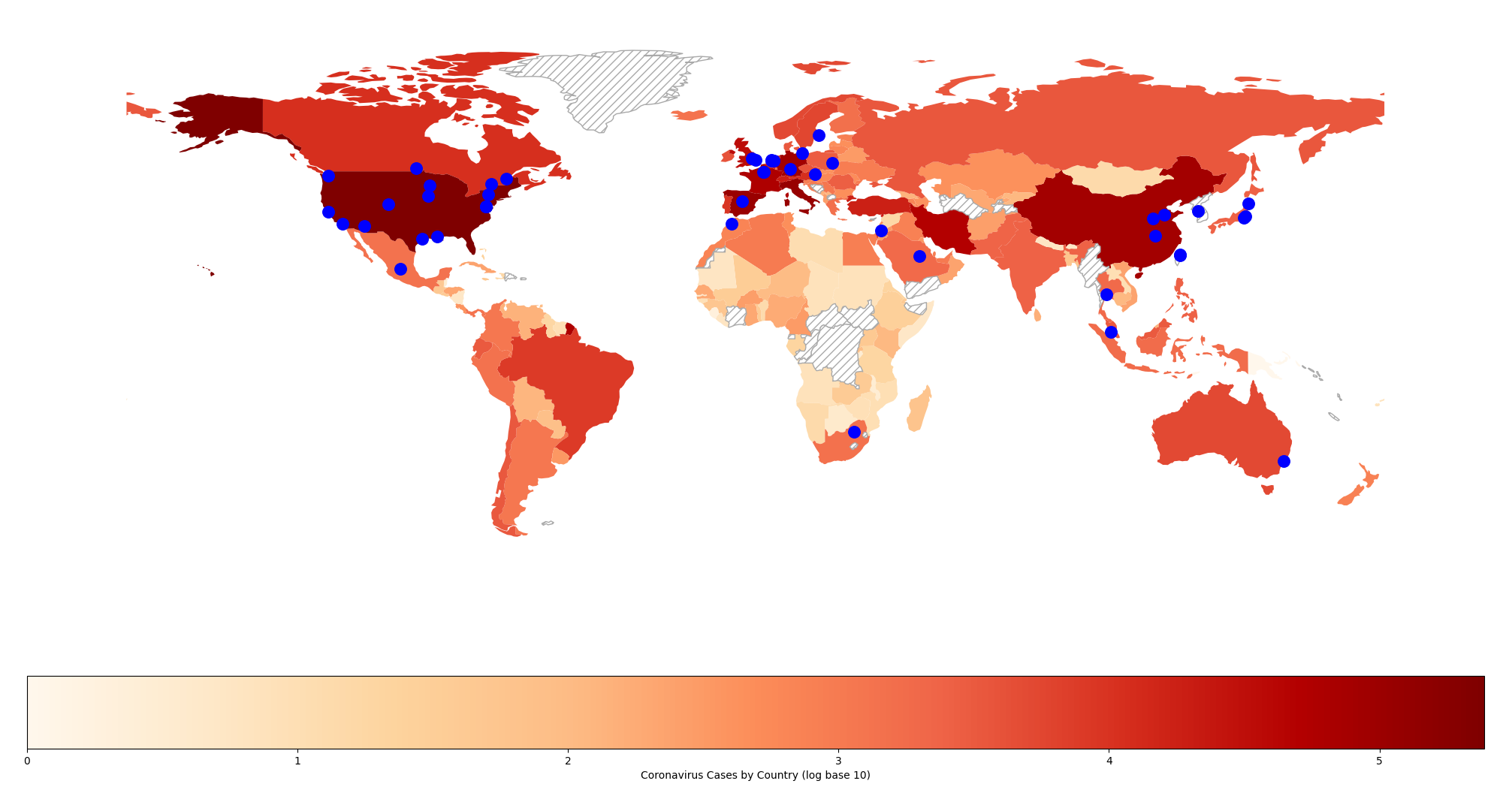 Insight
Insight


As COVID-19 continues to spread, there’s been significant and ongoing editorial interest in the perceived lack of consensus on how to ‘flatten the curve’ and manage the spread of the virus with minimum societal or economic disruption.
Different nations have adopted a variety of different measures, each of them informed by their own teams of expert advisors. While on balance most countries’ measures look pretty similar to one another, in the absence of a truly joined-up effort, the question of which expertise to trust has become a global talking point. Many governments have come in for criticism over the scientific advice they’ve adopted versus that which they’re perceived to have ignored. Country X imposed measures Y and Z, so why haven’t we?
Given that COVID-19 looks set to be with us for some time, and with some eminent thinkers arguing that the current pandemic represents a dress-rehearsal for the future onset of a more deadly contagion, the question of how we ought to share knowledge globally is one that’s well worthy of closer examination.
You see, much of the current criticism directed at governments is based on the false assumption that, at times of crisis, our institutions and their leaders can instantly gain access to leading global experts, irrespective of the subject matter or the time frame for decision-making. It would be nice to think that Boris Johnson or Emmanuel Macron have an emergency hotline that they can dial up whenever they need expert advice on emerging diseases or complex public health concerns, but in reality this simply isn’t the case.
The truth is that governments – like businesses, or universities, or hospitals, or any other organisation – are generally limited to either the experts they’ve worked with before or the experts they can access via existing organisational channels. It’s incredibly difficult for them to look beyond this limited ‘closed-loop’ network of expertise, particularly if there’s little time to spare. They turn to who they know, and these specialists aren’t necessarily who they need.
This limitation is further exposed, in the case of COVID-19, by the fact that the leading experts are not equally spread out over the globe. Our data shows there’s a significant global imbalance when it comes to accessing specialist knowledge of COVID-19, leaving entire continents at a distinct disadvantage in the fight against a virus that knows no geographic bounds.

Using its AI search technology, techspert.io identified the main institutions around the world with specialist expertise relating to COVID-19, overlaid with data on the outbreak numbers as of 3 April 2020.
Our illustration shows there are three concentrations of qualified expert authority on COVID-19 in the US, Western Europe and China, with very little identifiable academic or clinical best practice expertise in areas such as the Middle East or the Asian subcontinent, not to mention entire continents such as Africa.
Rather than endlessly criticising governments for failing to make the absolute best choices at this fraught and difficult time, what we need to do right now is look for ways in which we can democratise knowledge sharing to ensure ALL governments have access to the best information and are better equipped to respond to future global events.
This is where artificial intelligence can be an empowering force for positive change, democratising access to the best expert knowledge and up-to-date information.
Often used as a means of accurately sifting through huge volumes of data in real-time, AI technology supports more empowered decision making far more quickly than manual search and analysis. With COVID-19, new studies and data are being published almost hourly – meaning that the leading authorities on the subject can change from one day to the next. With AI, knowledge search in real time makes sure the world’s leading experts on the subject remain readily identifiable and accessible. The faster these experts are identified, the faster that institutions around the world can benefit from their insights and start to share genuine best practice across a global community.
When dealing with problems that are global in nature but require highly localised responses, it’s vital that we look for better ways to democratise access to knowledge and create new systems for enabling governments and institutions everywhere to coalesce around the very best experts on any given topic. AI provides such a solution, allowing us to break the closed-loop of expert search and give all organisations a platform from which they can access the wealth of relevant global expertise on COVID-19 quickly and effectively, as soon as it’s needed.
Graham Mills is co-founder and managing director of techspert.io, the first AI-driven technology for mapping the world’s expertise and connecting businesses directly to the source of technical and market insights.